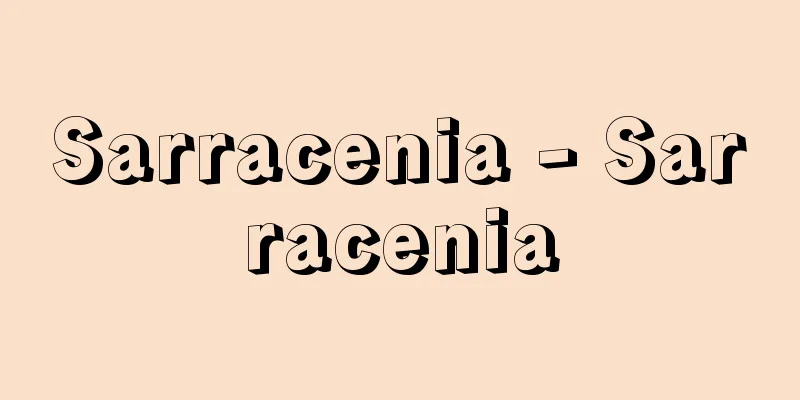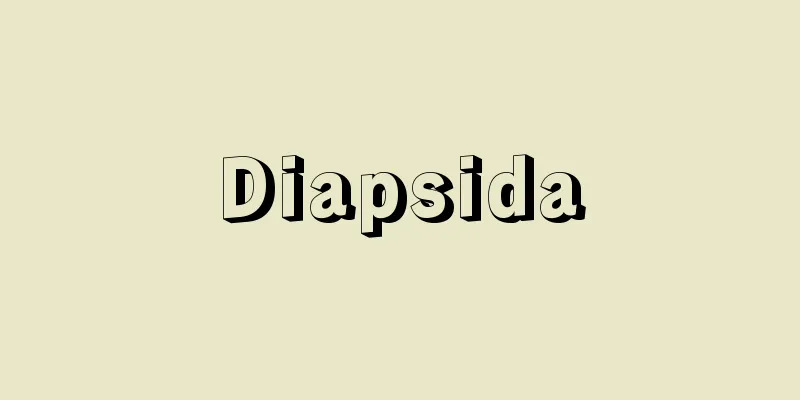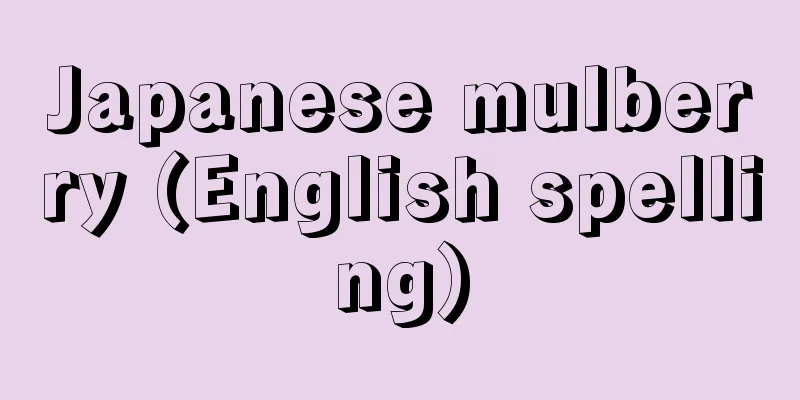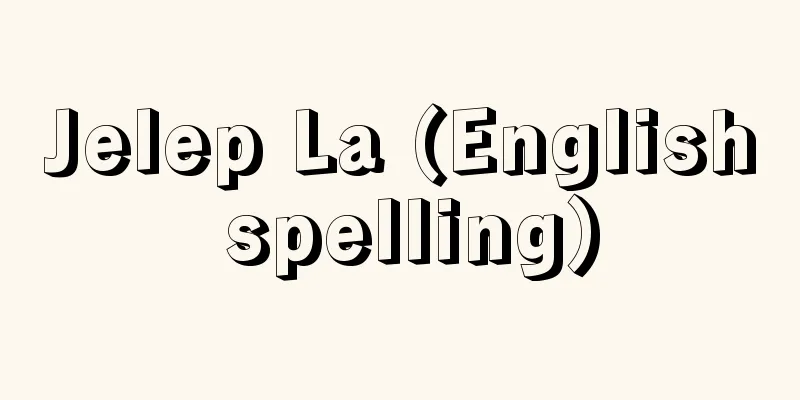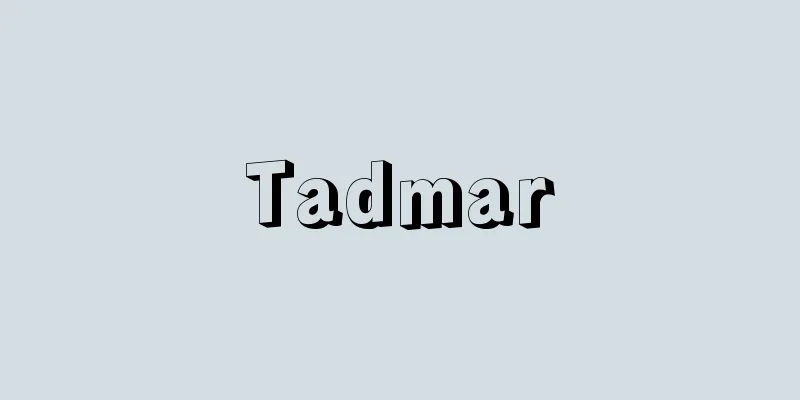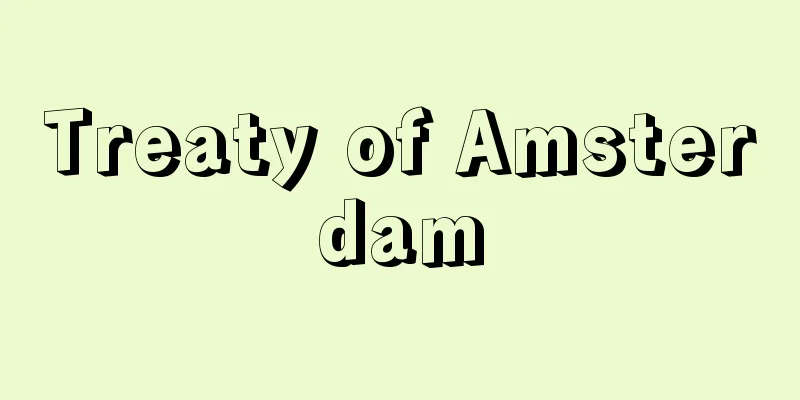Crime of bribery through mediation
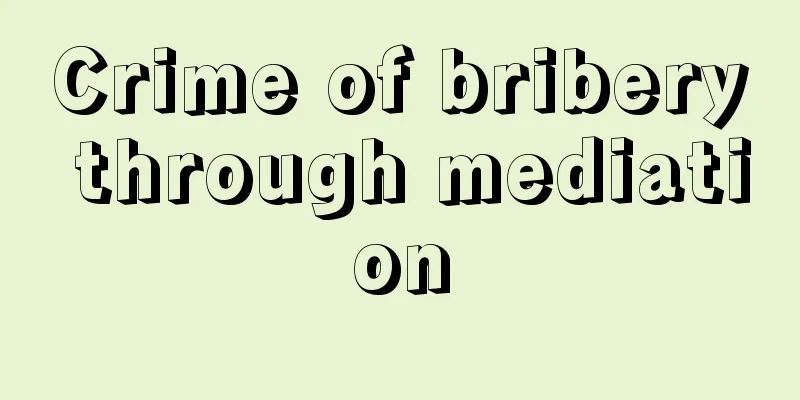
|
It is a crime for a public official to, at the request of a third party, procure in his/her capacity as a public official that another public official will perform an illegal act in the course of his/her duties or refrain from performing an appropriate act, or to receive, request, or promise a bribe (reward) as a reward for procuring such an act (Article 197-4 of the Penal Code). The previous crime of bribery was a crime for public officials themselves to give or receive bribes in relation to their duties, but since then, there have been many cases of public officials using their influence to encourage other public officials to perform illegal duties and receiving illegal benefits as a reward, so this crime was newly established by a partial revision of the Penal Code in 1958 (Showa 33). As the crime of broking bribery is qualitatively different from the previous crime of bribery, and it is necessary to clarify the targets of punishment, this crime is limited to public officials and punishes only the act of procuring other public officials to perform illegal duties. Therefore, even if a non-public official (private citizen) uses his/her position or influence to broker a public official's illegal official acts and receives a profit as a reward, it does not constitute this crime (although, given today's reality of "structural corruption," it is worth considering as a legislative theory). In addition, brokering by a public official is limited to other public officials' illegal official acts, so acts that violate laws and regulations are included in this, but if it is within the scope of discretion, even if an unjust discretion is exercised, it does not constitute this crime unless the degree of the injustice is extremely serious. Therefore, it is difficult to hold a senior public official, who has wide discretion, responsible for brokering. However, if such a public official is encouraged to cover up a discovered illegal act, this may constitute this crime. If a public official makes such an effort to broker another public official under his/her command and supervision, it constitutes the crime of aggravated bribery (Article 197-3 of the Penal Code). [Tetsuro Nawa] [Reference] |Source: Shogakukan Encyclopedia Nipponica About Encyclopedia Nipponica Information | Legend |
|
公務員が第三者の請託(依頼)を受けて、公務員の立場で他の公務員に対して、職務上不正な行為をさせまたは相当の行為をさせないように斡旋すること、または斡旋したことの報酬として、賄賂(わいろ)(謝礼)を収受し、またはこれを要求・約束する罪(刑法197条の4)。従来の収賄罪は、公務員自身がその職務に関し賄賂を授受する罪であったが、その後、公務員がいわゆる顔を利かせて他の公務員に不正な職務をするよう働きかけ、その報酬として不正な利益を受けるというケースが目だったため、1958年(昭和33)の刑法一部改正により本罪を新設することとなった。このように斡旋収賄罪が従来の収賄罪と質的に異なり、その処罰対象を明確にする必要があるため、本罪は主体を公務員に限定するとともに、他の公務員をして不正な職務行為をさせるよう斡旋する行為のみを処罰している。したがって、非公務員(私人)がその地位や勢力を利用し公務員の不正な職務行為を斡旋し、その報酬として利益を得たとしても本罪にはあたらないことはもちろんである(ただ、今日の「構造汚職」の実態のもとでは、立法論としては考慮に値する)。また、公務員による斡旋も、他の公務員の不正な職務行為に限られるから、法令に違反する行為はこれに含まれるが、裁量権の範囲内にあれば、不当な裁量がなされても、その程度が著しく重大でない限り本罪に該当しない。したがって、裁量権の広い高級公務員に対する斡旋行為には本罪の責任を問いにくいことになる。ただ、このような公務員に、発覚した不正事件のもみ消しを働きかけるような場合には本罪を構成しうる。なお、公務員がその指揮監督下にある他の公務員に対して、このような働きかけをする場合には、加重収賄罪(刑法197条の3)にあたる。 [名和鐵郎] [参照項目] |出典 小学館 日本大百科全書(ニッポニカ)日本大百科全書(ニッポニカ)について 情報 | 凡例 |
<<: Crime of bribery through mediation
Recommend
Ka Mau [Cape] - Kamau
…The Mekong Delta is a region of great alluvial a...
Apres [river] - Apres
…It originates at the southern end of the Parima ...
Charkhā (English spelling)
It means a spinning wheel in Hindi. During the Ind...
Chinese philosophy
The three major trends that make up Chinese though...
Seniority system - Senninkenseido
A system in which workers who joined the company e...
Pressure joining
A technique for joining metal materials by applyin...
Australian Gannet - Australian Gannet
...Of these, the Eastern gannet Sula bassana (ill...
"Female Suikoden"
…He was the adopted son of Tsukuniya, the head br...
Barton, DHR (English spelling) BartonDHR
...But in the 20th century, Odd Hassel (1897-1981...
Psychotherapy - Seishinryoho (English spelling) psychotherapy
In contrast to physical therapy, which uses physi...
Inasa [town] - Inasa
A former town in Inasa County, western Shizuoka Pr...
Embu tribe
...The cultural background of these tribes is com...
Hakone Irrigation Canal
Also known as the Fukara Canal, this canal was bu...
Painting shop - Eya
This profession emerged towards the end of the Mur...
Aternum - Aternum
...Population: 120,613 (1994). In ancient times i...

